October 1, 2021
Hundreds of victims have accused Nassar of abuse over his 20-year career in medicine. He is one of the most prolific abusers in U.S. history.
But this abuse is not at the hands of one man. You can’t sexually assault hundreds of children and women alone. This was perpetuated by mass failings at USA Gymnastics, universities, police departments and, ultimately, the FBI. This is institutional abuse, and it’s not a new story.
Organizations routinely side with employees and people in positions of power over the allegations of children, prioritizing their reputation over the safety of the children in their care. For those of us who have dedicated our lives to child protection, we see it again and again. We see it in big cases that capture the attention of the world — as with this one — and we see it regularly, left out of headlines and in our own community. Yet over the years, the approach to preventing abuse in Northern Virginia and across the country has changed very little. As a society, we often fail to put children first.
We know sexual abuse occurs in youth-serving organizations, but when we choose to ignore that it’s happening in our community, we enable it to continue. Organizations that blame individuals as “bad apples,” fail to believe children’s disclosures of abuse or simply encourage an abuser to retire or “relocate” instead of addressing the issue are the problem. As one survivor said, “Do we blame the alligator — or the person who keeps feeding it children?” It’s time to shift our focus and make it the responsibility of every organization and every adult to protect children.
The time for change is now.
Institutional harm is a second betrayal. It tells survivors we prioritize their abuser over their abuse, and it perpetuates a broken system. Apologies, excuses and damage-control statements cannot absolve responsibility. We must make organizations safer for kids — with an approach focused on stronger risk reduction and an ethical response to abuse when it does occur. We owe this to victims.
When I joined the leadership team at Stop Child Abuse Now (SCAN) of Northern Virginia, a local nonprofit that has been on a mission to prevent child abuse and neglect in Northern Virginia for three decades, I knew we needed to start by taking a hard look at our programs and the community gaps we needed to fill. Institutional abuse prevention was at the top of our list, and we’ve spent the past year building the right team, resources and program.
The goal is straightforward: make kids safer everywhere they are. We are applying standards created by some of the top research organizations in the country to local institutions that have a duty of care to protect children from harm. Schools, health-care institutions, religious organizations and community supports such as child-care and sports programs have a responsibility to put children at the center of everything they do. An institutional prevention model builds these beliefs and practices into their systems so that professionals are competent, askable adults and those we trust with children’s safety are worthy of that responsibility.
SCAN’s new Institutional Abuse Prevention program provides organizations with child protection training, audits and technical assistance tailored to sector and practitioner needs. Leadership prepared to mitigate risks can empower staff, shift social norms through community awareness and make institutions inhospitable to abuse.
As we prepare to launch SCAN’s program with partners in Loudoun County this fall, our hope is to shift focus from one story of immense failure to community action preventing abuse in our own backyards. One thing I’ve heard often during my time in child protection is that “abuse doesn’t happen here.” The uncomfortable reality is it happens everywhere. Until we accept that, we aren’t doing everything in our power to actively prevent it.
We need to hold institutions accountable when abuse occurs, but we also need to accept the job of making them accountable for prevention of harm. Preventing abuse is possible. Starting with institutions and the adults within them will make all children safer everywhere they are.
